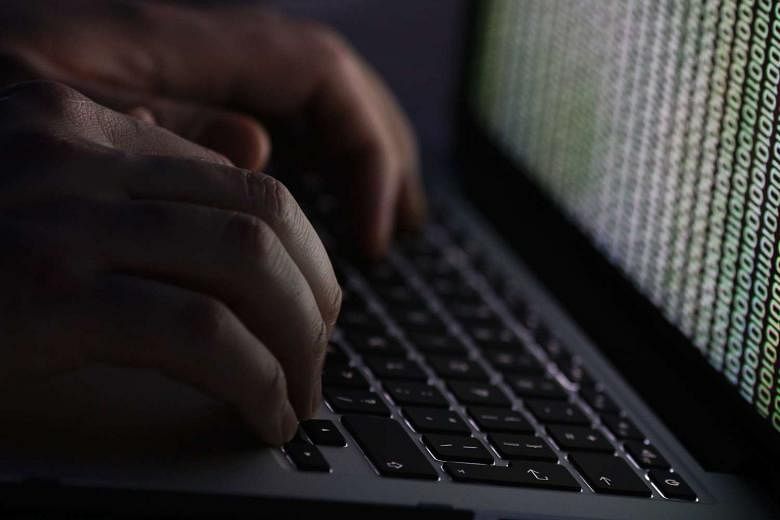In June, it was announced that public servants would no longer have Internet access on their work computers, to guard against cyber threats, especially the accidental introduction of computer viruses ("Public servants' computers to have no Net access"; June 8, and "Delinking of Web surfing from computers half completed"; yesterday).
The inadvertent introduction of malware occurs in the private sector too.
While big organisations used to be the ones targeted, small- and medium-sized enterprises (SMEs) have now come on the radar of cyber criminals.
One of the most prevalent forms of viruses is "ransomware", where a computer user's data is "locked".
To regain access, victims have to pay a ransom. The information held to ransom could be accounts and financial data of an SME's customers.
There are common traits among our SMEs when it comes to cyber security adoption.
Many SMEs do not have the resources to implement and deploy cyber security tools and maintain them.
Some SMEs are indifferent, as they do not think they would be so unlucky as to be targeted.
Perhaps the Government can consider making it mandatory for SMEs to adopt some form of computer security.
As SMEs provide services to government agencies and multinational corporations, let us ensure they do not end up being the weak link in our Government's effort to counter cyber threats.
Tan Kar Quan

